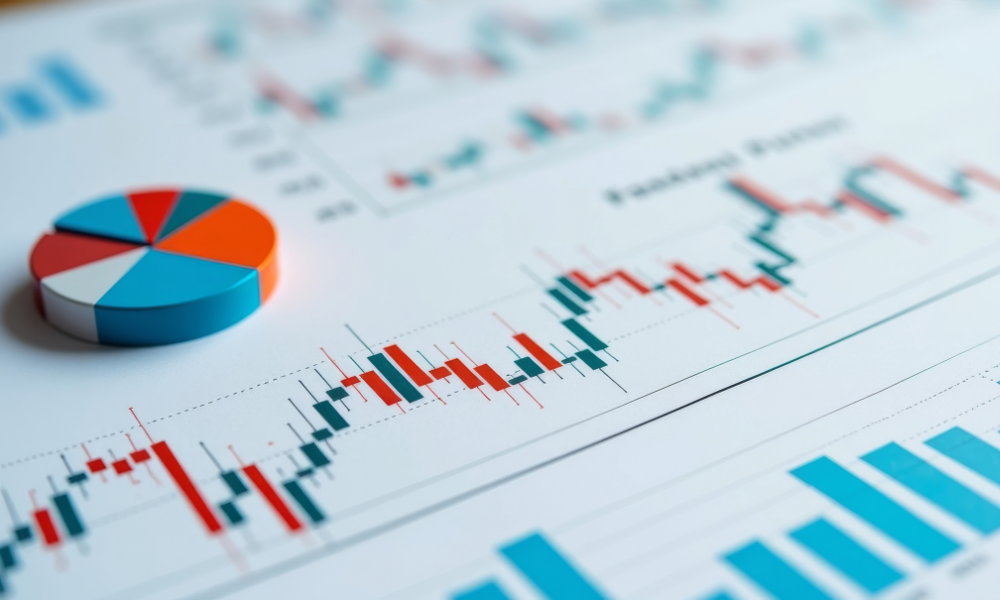Jeremy Peng of NEI Investments explains the benefits of responsible investing and the returns it can offer to investors
For Jeremy Peng, director of portfolio management at NEI Investments, responsible investing and high returns are far from mutually exclusive. In his opinion, strong ethics and a greater consideration for society at large are central to a stellar performance in the long term.
“There is a misconception in the industry that responsible investing means sacrificing returns to make the world a better place,” he says. “Responsible investing for us is getting better returns because respecting the world we live in is more sustainable.”
Taking this approach must make for some static with certain industries and firms. Regardless, NEI has a policy that being on the inside looking out is much better to make a difference than on the outside looking in.
“We look at responsible investment from a positive-change aspect,” says Peng. “We focus on engagement with companies because if you don’t talk to them then you cannot effect change. We don’t exclude anyone, with the exception of tobacco companies and those that manufacture cluster munitions.”
Another sector that has a developed a less-than-stellar reputation when it comes to societal issues such as health and the environment is of course energy. The flip side of that coin is the fact that it still has a huge impact on Canada’s overall economy. As such, excluding oil companies outright isn’t something any investor, responsible or otherwise, would really consider.
“It is easy to say we don’t want to invest in oil companies, but realistically as a society we are not ready to move away from fossil fuels just yet,” says Peng. “We do have funds that focus on resource optimisation and energy efficiency. For broad investors, you can’t really exclude oil. Everybody still drives, and even if you have an electric car, where does that electricity get generated? Still mostly by fossil fuels.”
As such, diplomacy is clearly the best strategy for a firm with a real ambition to make its clients money.
“Our approach is to work with the oil companies and make sure they are responsible about the environment and the climate,” he says. “By engaging them we can make a much bigger difference than simply excluding them.”
Managing over $6 billion in assets, NEI Investments is a marriage of the Desjardins group and Provincial Credit Union Centrals. With three competitive funds, NEI Funds, Northwest Funds and Ethical Funds, Peng overseas their upkeep.
“At NEI we use third-party managers to pick stocks for our funds, so my primary job is to choose those managers,” he says. “My second responsibility is to allocate assets for our portfolios. We have top down asset allocation and bottom up in picking managers.”
Although it has a global outlook, this wholly-Canadian firm obviously has a horse in the race when it comes to the domestic economy. Last week’s release from StatsCan showing GDP grew in Q1 but contracted in March was most unwelcome news. For Peng, he takes a cautious approach to how the economy here may be headed.
“The Canadian economy is doing better, but are we out of the woods yet? It’s hard to tell,” he says. “If you dig deeper into the 2.4 per cent GDP figure in Q1, a lot of that is housing investment, which is not really what you want to see for a healthy economy.”
A worrying trend for sure, and as he explains to Wealth Professional, not the only cause for concern either. “Business investment is pretty weak and will probably remain that way because oil sands investment won’t be coming back anytime soon,” he says. “Those projects are only profitable if the oil price goes between $60 and $80. We were hoping to see manufacturing-driven growth with exports, but we haven’t really seen that yet.”



